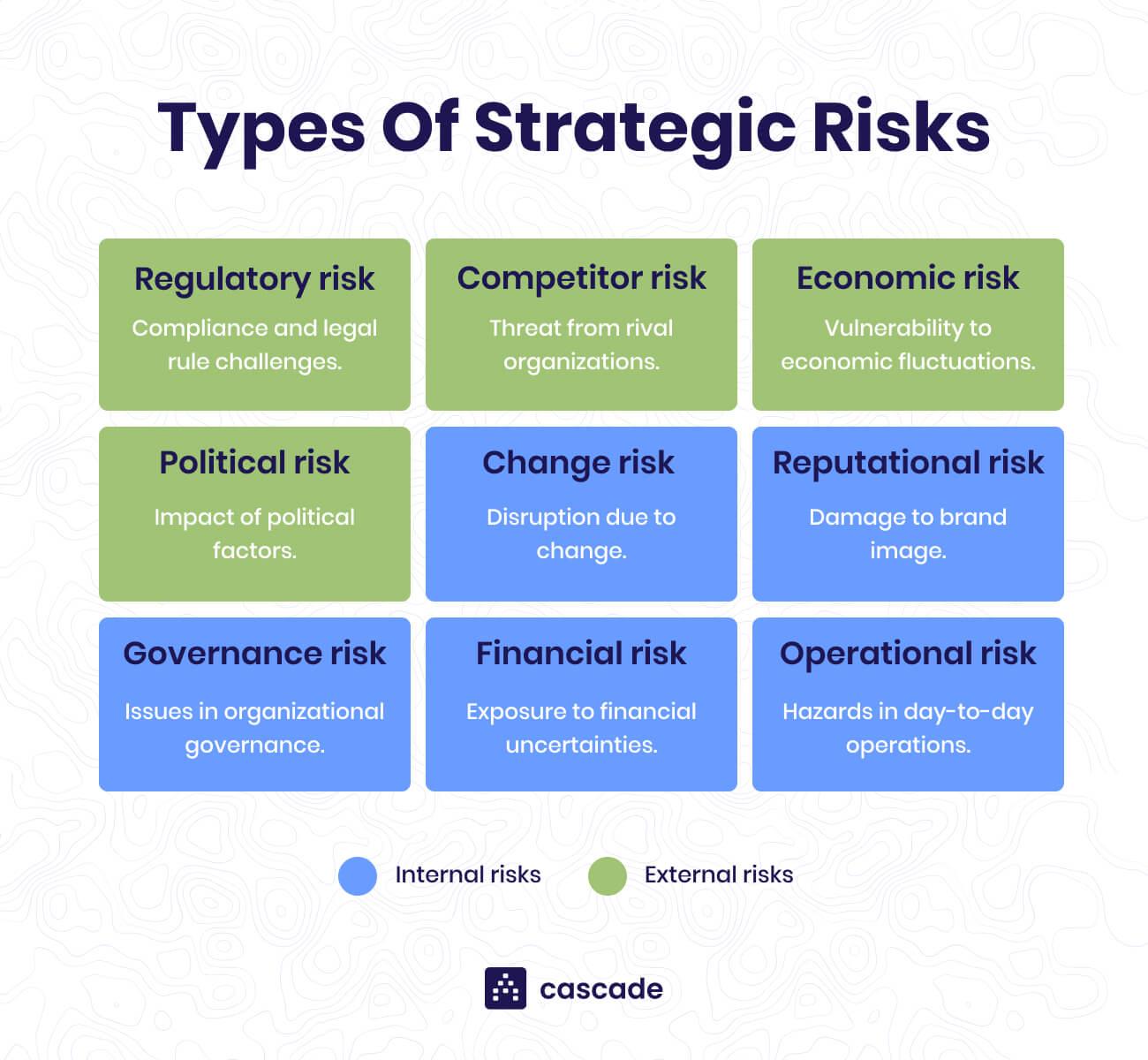In a world where uncertainty lurks around every corner, insurance has become the comforting shield many of us cling to, offering a sense of security in the face of life’s unpredictabilities. Yet, as we navigate the intricate web of modern financial landscapes, a pressing question emerges: Are we leaning too heavily on this safety net, inadvertently neglecting other crucial aspects of financial resilience? In this exploration, we delve into the depths of our dependency on insurance, challenging conventional wisdom and urging a reexamination of how we safeguard our financial futures. Prepare to uncover the hidden dynamics of risk management, as we venture beyond the confines of traditional insurance paradigms to discover a more balanced approach to financial security.
Evaluating Your Financial Safety Net: Beyond Insurance
While insurance plays a crucial role in protecting against unforeseen circumstances, relying solely on it can leave you vulnerable to unexpected financial setbacks. Diversifying your financial safety net is essential. Consider building an emergency fund that covers at least three to six months of living expenses. This buffer can help you navigate through job loss, sudden medical expenses, or other emergencies without dipping into insurance or accumulating debt.
- Emergency Savings: Cultivate a habit of saving regularly to ensure quick access to funds in a pinch.
- Investment Portfolio: Diversify your investments to create a steady stream of income and grow your wealth over time.
- Health and Wellness: Prioritize your health through regular check-ups and a healthy lifestyle to potentially reduce medical expenses.
- Skill Development: Invest in education and skill enhancement to increase job security and open new income avenues.
By broadening your financial strategies, you create a robust safety net that goes beyond insurance, empowering you to face life’s uncertainties with confidence and resilience.
The Hidden Costs of Overdependence on Insurance
While insurance can provide a safety net, an overreliance on it can lead to unforeseen financial pitfalls. The peace of mind that comes with comprehensive coverage might seem like a blessing, but beneath the surface, there are hidden costs that could affect your financial health. Dependency on insurance can often result in neglecting other vital financial planning aspects, such as savings and investments. This oversight can lead to a false sense of security, leaving individuals vulnerable to risks not covered by their policies.
- Premium Inflation: Relying heavily on insurance may lead to complacency, causing individuals to ignore the rising costs of premiums, which can strain finances over time.
- Policy Gaps: Not all risks are covered, and assuming otherwise can lead to significant out-of-pocket expenses during critical times.
- Opportunity Costs: Allocating too much money to insurance premiums can divert funds away from investments that could yield higher returns.
Ultimately, understanding these hidden costs requires a balanced approach, where insurance is just one part of a broader financial strategy.

Crafting a Balanced Risk Management Strategy
In the intricate tapestry of financial planning, relying solely on insurance as a safety net can be a precarious approach. While insurance plays a vital role in safeguarding against unforeseen events, a truly robust risk management strategy should encompass a broader spectrum of tactics. Diversification is the cornerstone of this approach, ensuring that your financial health isn’t tethered to a single safety mechanism. Consider integrating the following elements into your strategy:
- Emergency Funds: A well-stocked emergency fund can provide immediate liquidity, cushioning the blow of unexpected financial setbacks without the need to tap into insurance claims.
- Investment Diversification: Spreading investments across various asset classes can mitigate risks associated with market volatility, reducing dependency on insurance payouts.
- Regular Financial Assessments: Conducting routine evaluations of your financial situation can help identify potential vulnerabilities, allowing for proactive adjustments before risks materialize.
Balancing these elements can create a more resilient financial framework, ensuring that insurance serves as a complement rather than the crux of your risk management strategy. Embrace a holistic view, and transform potential pitfalls into stepping stones towards financial stability.

Empowering Financial Independence with Smart Risk Planning
In a world where uncertainty is a constant companion, many individuals find solace in insurance as a financial safety net. However, while insurance is a crucial component of a comprehensive financial strategy, over-reliance can sometimes lead to complacency. True financial independence requires smart risk planning, a balanced approach that combines insurance with other strategies to safeguard against life’s unpredictable turns.
- Diversification: Spread your investments across different asset classes to minimize risk and optimize returns.
- Emergency Fund: Establish a robust emergency fund to cover unforeseen expenses without derailing your financial plans.
- Risk Assessment: Regularly evaluate potential risks and adjust your financial strategy to ensure it aligns with your current life stage and goals.
By weaving these elements into your financial planning, you not only mitigate risk but also empower yourself to make informed decisions. Insurance becomes a part of a broader strategy, rather than the sole pillar of your financial safety net, fostering a resilient and self-reliant financial future.

